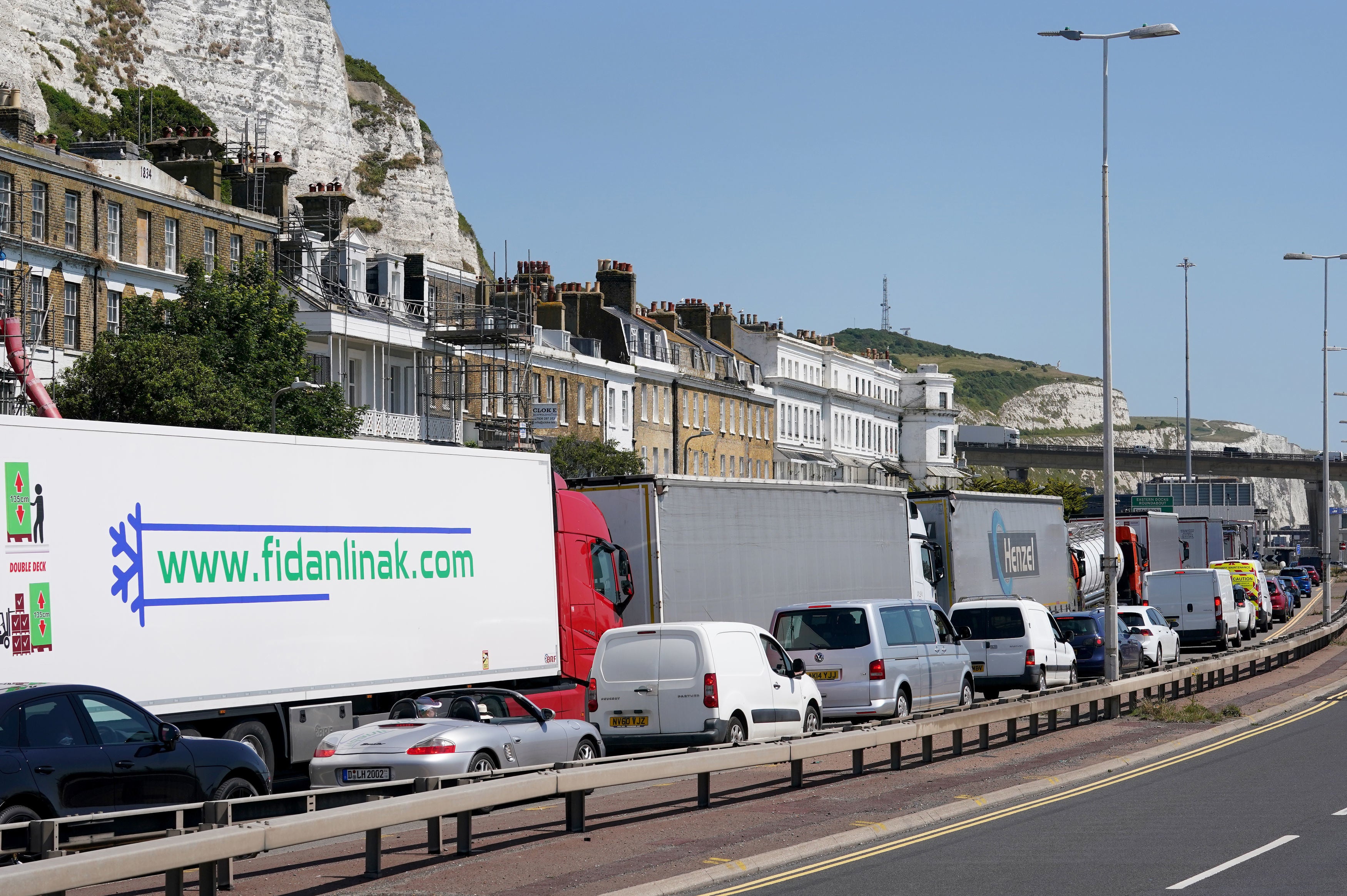Sunak must ease Brexit trade friction with EU side deals, say business chiefs
60% of UK exporters say selling to EU has become harder over past year – with more red tape to come
Rishi Sunak should consider a range of side and supplementary deals with the EU to ease ongoing trade friction after Brexit, business leaders have warned.
Almost two-thirds of UK exporters say selling to the EU has become even harder in the past year, according to the British Chambers of Commerce (BCC).
The leading business group called for a series of agreements with Brussels – on carbon taxes, VAT arrangements and food checks – to soften the impact of Boris Johnson’s trade deal.
A Brexit report by the BCC found that 60 per cent of British firms trading with the EU say it is now more difficult than a year ago. Only 18 per cent of exporters to non-EU countries say it had got harder.
The new study – The Trade and Cooperation Agreement: Three Years On – also warns of “significant” new red tape headaches approaching, as yet more UK and EU regulations diverge.
The business chiefs called for a new supplementary deal with the EU which either eliminates or reduces the complexity of forms required of small firms to export food.
The BCC also called on Mr Sunak to consider a VAT deal like Norway’s, that exempts smaller firms from the requirement to have a fiscal representative for the tax inside the bloc.
And with the EU move to bring in a carbon border tax regime – which requires importers to provide data on carbon usage – the government was also urged to merge its carbon pricing schemes with Brussel to avoid red tape.

More than 80 per cent of small and medium-sized firms surveyed by the BCC were unaware of the impact of the EU’s carbon border adjustment mechanism.
And 70 per cent are unaware new UK checks on food imports from the EU, finally set be implemented from February 2024 after several delays.
“There are lots of things we can do to make our current trading arrangements better, but a growing worry is how we handle further changes coming down the track,” said Shevaun Haviland, director general of the BCC.
“EU businesses have been largely able to carry on importing goods into the UK as they did before Brexit, but that will change next year, and could lead to significant new disruption.”
Mr Haviland added: “The rules and regulations governing trade aren’t static. Both the UK and EU will be making significant changes in the next few years that could have big repercussions.”
“We need to take a smart but flexible approach to how we handle these alterations to keep their impact to a minimum. It is in no-one’s interests to damage our trading relationship further.”
One small construction and engineering firm in Glasgow told the BCC report that they had “continued difficulties” trying to supply to long-standing EU customers. “The government’s stated efforts for further away trade deals does not help, but distracts attention from unresolved problems.”
A spokesperson for the government said British businesses “are thriving”, adding: “In the year to June, we exported over £360bn worth of goods and services to the EU, an increase of 17.1 per cent in current prices on the previous 12 months.”
The government also said the UK economy had grown faster than German and France since Brexit, before acknowledging “issues” with trade friction.
“We acknowledge there remain some issues and we are listening to businesses and acting on their concerns by working closely with the EU on solutions,” the spokesperson added.
Join our commenting forum
Join thought-provoking conversations, follow other Independent readers and see their replies
Comments
Bookmark popover
Removed from bookmarks